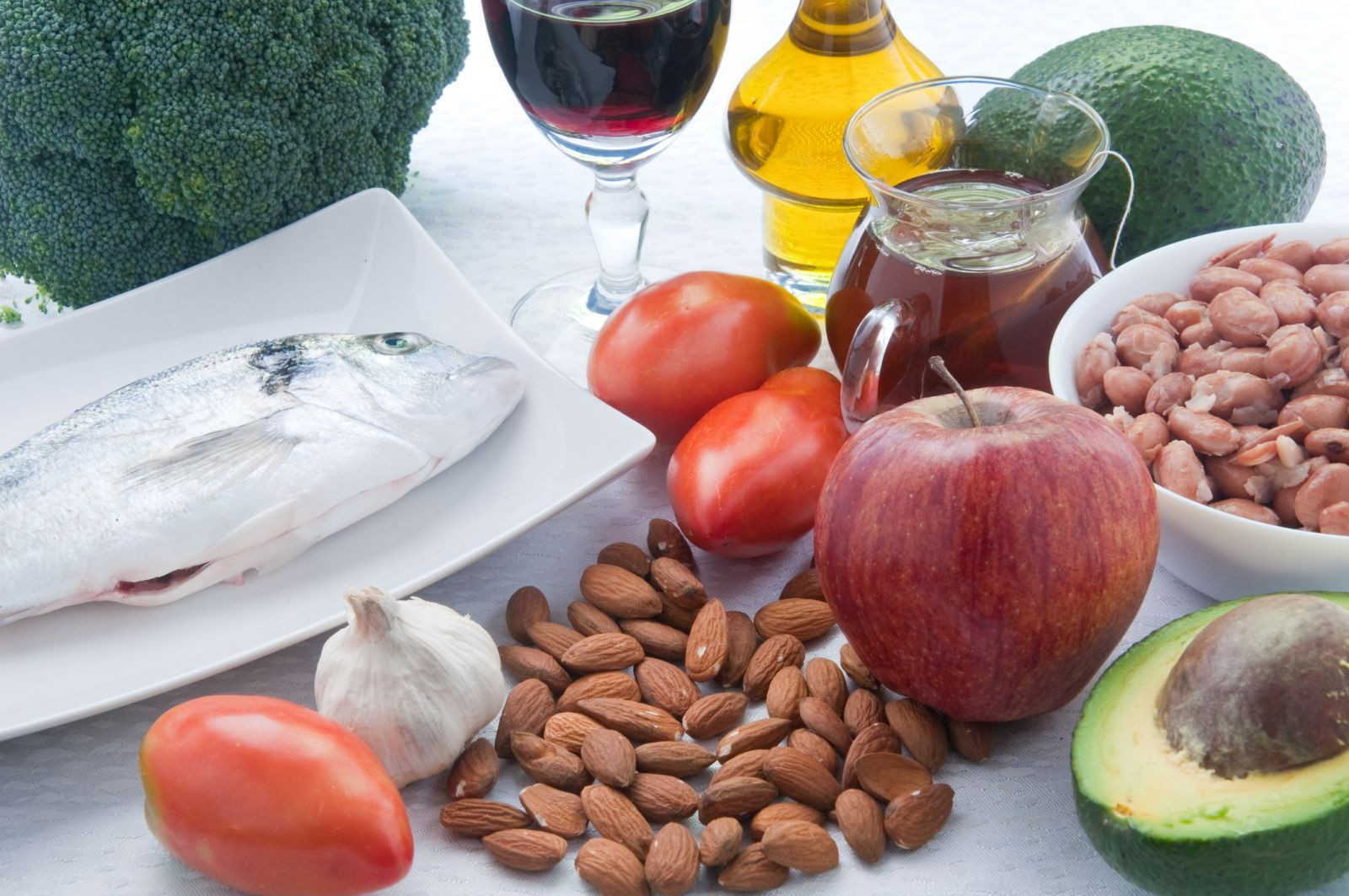Each Day, Less Than 200 Mg Of Dietary Cholesterol Should Be Consumed:
Why? What exactly does this imply? It has been shown that increased dietary cholesterol is associated with an increase in coronary heart disease. Reduce your risk consuming fewer than 200 milligrammes of caffeine each day, which is a safe approach. Examples: cholesterol originates from two sources: that which your body produces and that which can be found in animal products (such as meat and dairy) (meat, poultry, fish, egg yolks and dairy contain dietary cholesterol). Choose low-fat or lean sources of animal products to assist you in lowering your dietary cholesterol consumption.
Only About 7 Percent Of Total Calories Come From Saturated Fat:
Why? What exactly does this imply? Consumption of foods high in saturated fats is associated with an elevated risk of coronary heart disease. Most experts believe saturated fats have the greatest potential for boosting cholesterol levels. Foods that contain hydrogenated or partially hydrogenated fats include fatty cuts of meat and skin on poultry; egg yolks; lard; butter; whole-milk dairy products; palm kernel oil; palm oil; coconut oil; sweets; fried foods; and most snack foods and fast foods that contain hydrogenated or partially hydrogenated fats. At room temperature, these fats are typically solid in consistency.
Fact :
Saturated fat is a type of dietary fat that is found in animal products. It is one of the harmful fats, along with trans fat, that should be avoided. The majority of the time, these fats are solid at room temperature. Saturated fats are found in high concentrations in foods such as butter, palm and coconut oils, cheese, and red meat. Heart disease and other health problems can result from consuming too much-saturated fat in your diet.

Saturated Fats Have The Following Negative Consequences On Your Health:
Saturated fats are detrimental to your health in a number of ways.
Heart disease is a possibility. Your body requires healthy fats for energy and other functions. and other activities. Consuming too much saturated fat, on the other hand, may cause cholesterol to build up in your arteries (blood vessels). Saturated fats have been linked to higher levels of LDL (bad) cholesterol. Too much LDL cholesterol increases your risk of heart disease and stroke. Weight growth is a problem. Pizza, baked products, and fried dishes are just a few examples of high-fat foods that include a lot of saturated fat. Eating an excessive amount of fat might lead you to gain weight adding extra calories to your diet. Each gram of fat contains 9 calories, which is the same for all fats. Compared to carbohydrates and protein, this is more than twice the quantity of fat. Eliminating high-fat foods can help you maintain a healthy weight while also keeping your heart healthy. Keep your weight under control to minimize your risk of getting diabetes, heart disease, and other health complications.
How Much Food Can You Consume?
The majority of foods have a mixture of various fats. If you want to eat healthier fats, you should go for foods that are abundant in monounsaturated and polyunsaturated fats, for example. At room temperature, these fats have a tendency to be liquid.
How Much Should You Consume On A Daily Basis? The Following Are Guidelines from the Dietary Guidelines for 2015-2020:
Fats should account for no more than 25 percent to 30 percent of your total daily calories. If you want to lose weight, you should keep saturated fat to less than 10% of your total daily calories. Reduce your saturated fat intake to less than 7% of your total daily calories to reduce your risk of heart disease even more. This translates to 140 to 200 calories or 16 to 22 grams (g) of saturated fats per day on a 2,000-calorie diet.Using cooked bacon as an example, one slice of cooked bacon has almost 9 g of saturated fat.
You may be asked to limit saturated fat even further if you have heart disease or high cholesterol, so consult with your doctor before making any changes.

